New Audits Show Americans Targeted by FBI
 Friday, March 14, 2008 at 02:52PM
Friday, March 14, 2008 at 02:52PM 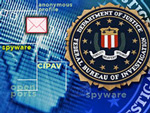 The FBI has increasingly used administrative orders to obtain the personal records of U.S. citizens rather than foreigners implicated in terrorism or counterintelligence investigations, and at least once it relied on such orders to obtain records that a special intelligence-gathering court had deemed protected by the First Amendment, according to two government audits released yesterday.
The FBI has increasingly used administrative orders to obtain the personal records of U.S. citizens rather than foreigners implicated in terrorism or counterintelligence investigations, and at least once it relied on such orders to obtain records that a special intelligence-gathering court had deemed protected by the First Amendment, according to two government audits released yesterday.
The episode was outlined in a Justice Department report that concluded the FBI had abused its intelligence-gathering privileges by issuing inadequately documented "national security letters" from 2003 to 2006, after which changes were put in place that the report called sound.
A report a year ago by the Justice Department's inspector general disclosed that abuses involving national security letters had occurred from 2003 through 2005 and helped provoke the changes. But the report makes it clear that the abuses persisted in 2006 and disclosed that 60 percent of the nearly 50,000 security letters issued that year by the FBI targeted Americans.
Because U.S. citizens enjoy constitutional protections against unreasonable searches and seizures, judicial warrants are ordinarily required for government surveillance. But national security letters are approved only by FBI officials and are not subject to judicial approval; they routinely demand certain types of personal data, such as telephone, e-mail and financial records, while barring the recipient from disclosing that the information was requested or supplied.
According to the findings by Justice Department Inspector General Glenn A. Fine, the FBI tried to work around the Foreign Intelligence Surveillance Court, which oversees clandestine spying in the United States, after it twice rejected an FBI request in 2006 to obtain certain records. The court had concluded "the 'facts' were too thin" and the "request implicated the target's First Amendment rights," the report said.
But the FBI went ahead and got the records anyway by using a national security letter. The FBI's general counsel, Valerie E. Caproni, told investigators it was appropriate to issue the letters in such cases because she disagreed with the court's conclusions.
In total, Fine said, the FBI issued almost 200,000 national security letters from 2003 through 2006, and they were used in a third of all FBI national security and computer probes during that time. Fine said his investigators have identified hundreds of possible violations of laws or internal guidelines in the use of the letters, including cases in which FBI agents made improper requests, collected more data than they were allowed to, or did not have proper authorization to proceed with the case.
Fine also pointed to the FBI's "troubling" use of the letters to obtain vast quantities of telephone numbers or other records with a single request. Investigators identified 11 such cases, involving information related to about 4,000 phone numbers, that did not comply with USA Patriot Act requirements or that violated FBI guidelines.
The latest findings reignited long-standing criticism from Democrats and civil liberties groups, who said the FBI's repeated misuse of its information-gathering powers underscores the need for greater oversight by Congress and the courts.
"The fact that these are being used against U.S. citizens, and being used so aggressively, should call into question the claim that these powers are about terrorists and not just about collecting information on all kinds of people," said Jameel Jaffer, national security director at the American Civil Liberties Union. "They're basically using national security letters to evade legal requirements that would be enforced if there were judicial oversight."
Justice spokesman Dean Boyd said in a statement that Fine's report "should come as no surprise" because the survey ended in 2006, before the FBI introduced procedural changes to better control and keep track of requests for the security letters.
FBI Assistant Director John Miller said a new automated system will keep better tabs on the letters, and they are now reviewed by a lawyer before they are sent to a telephone company, Internet service provider or other target. "We are committed to using them in ways that maximize their national security value while providing the highest level of privacy and protection of the civil liberties of those we are sworn to protect," Miller said.
Fine said that FBI employees "self-reported" 84 possible violations of laws or guidelines in the use of the letters, in 2006, which "was significantly higher than the number of reported violations in prior years." But he noted that his office already had begun its initial investigation into the letters by then, which might have contributed to the increase.
About a quarter of the reported incidents were because of mistakes made by telephone or Internet providers, including some in which they provided either the wrong information or disclosed more than the FBI requested. But many of those cases should have been caught by the FBI earlier, Fine said.








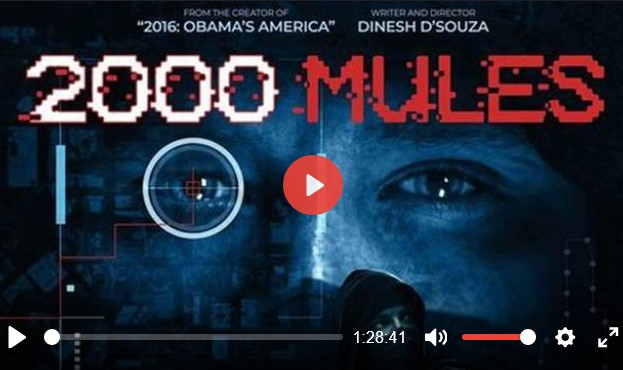









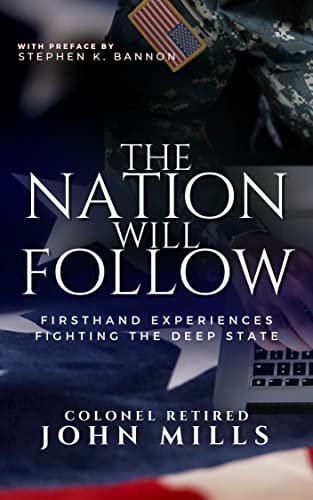

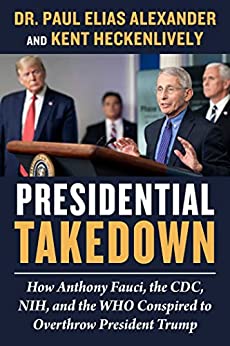

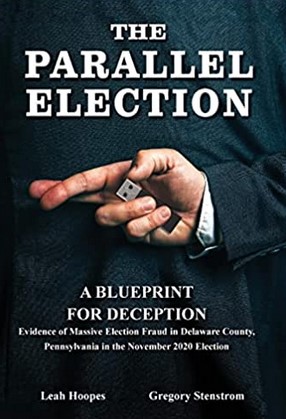







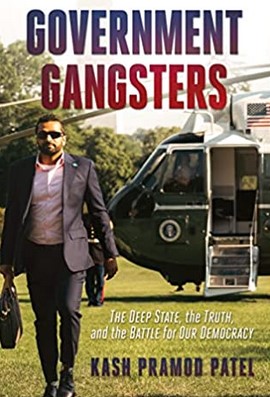













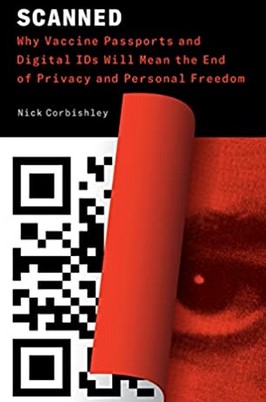








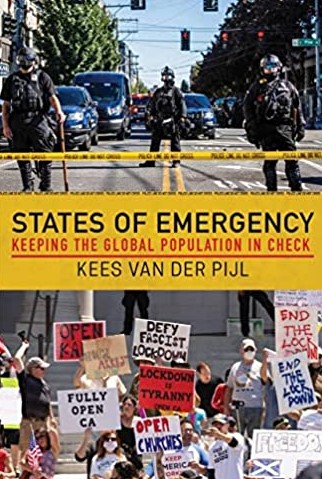




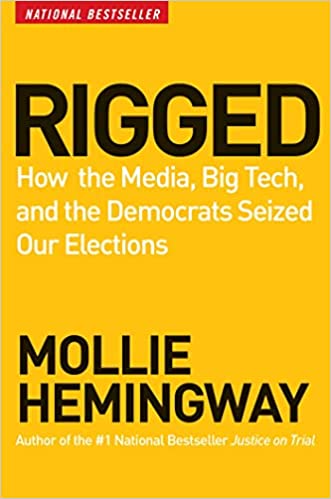





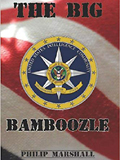

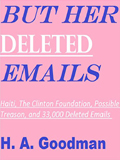
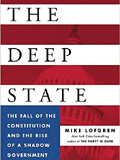








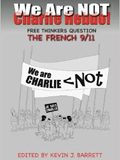



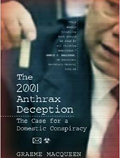


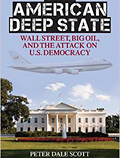



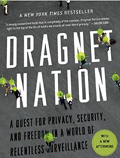




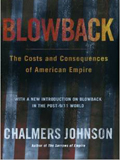















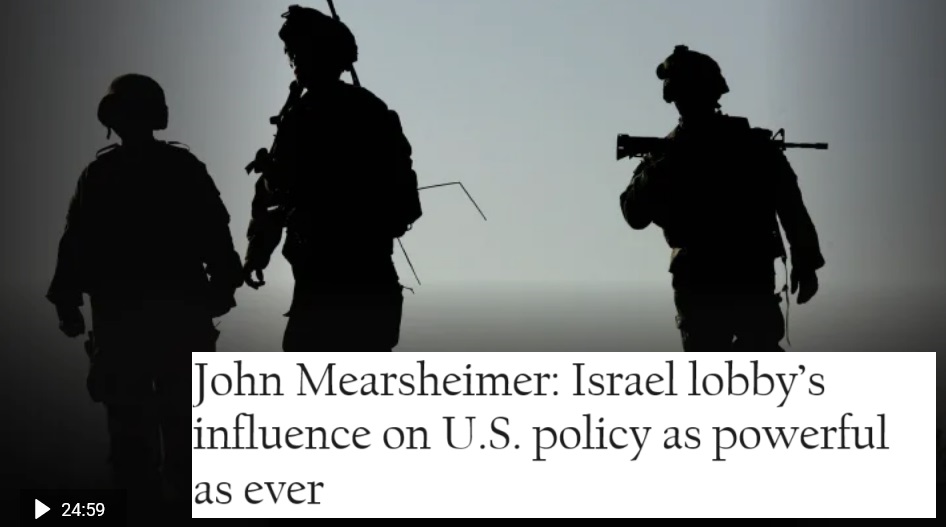
























Reader Comments